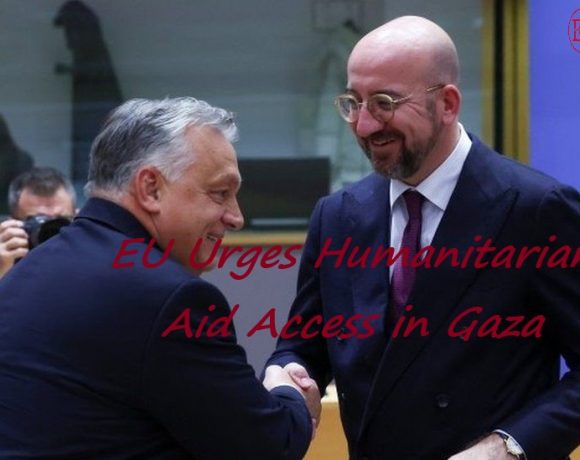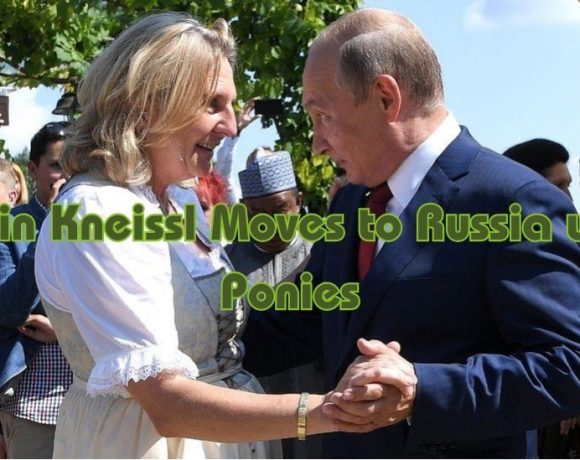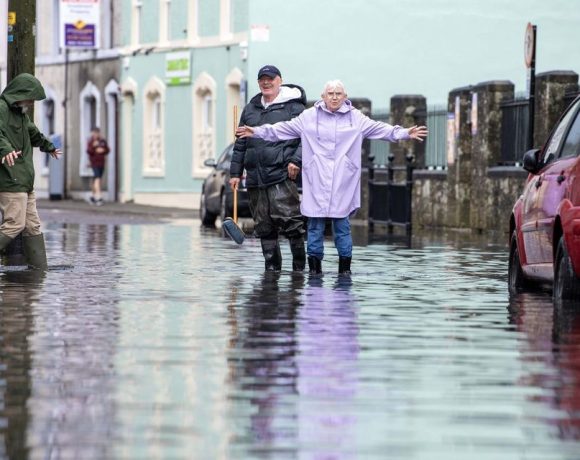
Marlene Engelhorn, a 31-year-old Austro-German heiress residing in Vienna, is taking a unique approach to wealth redistribution. Inheriting a substantial fortune from her grandmother, Traudl Engelhorn-Vechiatto, who was valued at $4.2 billion, Marlene aims to address the inequality exacerbated by the absence of inheritance tax in Austria since 2008. Motivated by a sense of responsibility, she has initiated the Good Council for Redistribution, inviting 10,000 randomly selected Austrians over 16 to participate in deciding how €25 million of her inheritance should be allocated.
The Good Council for Redistribution seeks to assemble a diverse group of 50 individuals, spanning various age groups, federal states, social classes, and backgrounds. This citizen-led initiative, supported by the Foresight Institute, aims to foster inclusivity and collaborative decision-making. Participants will engage in a series of meetings held in Salzburg from March to June, where they will work with academics and civil society organizations to explore and develop solutions beneficial to society as a whole.
The unique aspect of this initiative lies in its commitment to inclusivity and fairness. The meetings will be barrier-free, offering childcare and interpreters as needed. Participants will receive financial compensation of €1,200 for every weekend they attend, recognizing the value of their contributions. Marlene Engelhorn emphasizes that she is entrusting her assets to the chosen council without holding veto rights, demonstrating a genuine commitment to involving citizens in the decision-making process.
Despite the initiative’s noble intentions, Austria’s stance on inheritance tax remains a contentious issue. The abolished tax, in place for 16 years, has drawn criticism, with the Social Democrats advocating for its reinstatement. However, the conservative People’s Party, currently the senior partner in Austria’s coalition government with the Greens, rejects this proposal, emphasizing their commitment to reducing taxes and increasing citizens’ net income. The future of wealth redistribution in Austria, both through citizen initiatives and potential policy changes, remains a topic of ongoing debate.
Picture Courtesy: Google/images are subject to copyright









